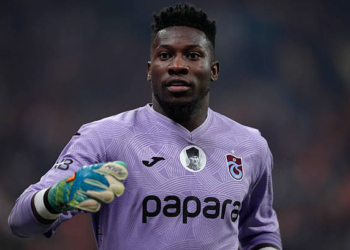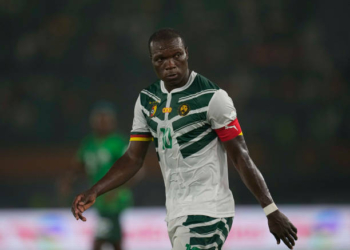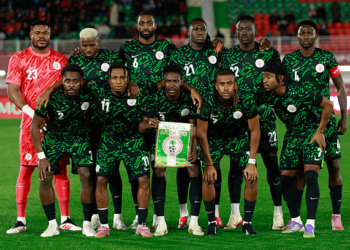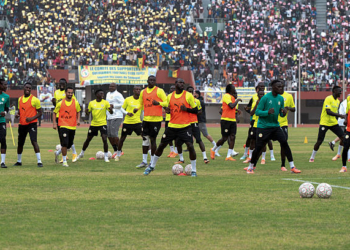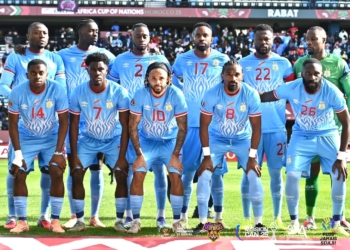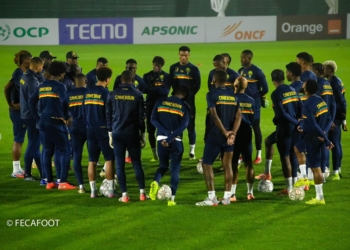The availability of dependable football infrastructure across the country will throw up a lot more talent and widen the scope of victory for Cameroonian sides.
At last the final of the Cup of Cameroon was played on Sunday. Even if Cameroon may have to pay a penalty to CAF for being late, yet there is joy in the fact that at last it has been done. Brovo to Mount Cameroon FC the Buea-based club that won the Cup this year.
Victory was much savoured because it was the first time ever that the cup went South West. Two years ago the Cup was won by Kumbo Strikers, being the first time also that a North West side won the Cup. With its victory, Mount Cameroon FC will now enter the African continental competition of the Cup Winners’ Cup. It is here that the public’s enthusiasm dampens. Cameroon’s club side record at continental competitions has been far from good.
The last time a Cameroon football club won a continental trophy was way back in 1981 when Union Sportive of Douala brought home the Cup Winners’ Cup. That is very poor indeed for a country whose level of football performance is becoming legendary. Cameroon has qualified five times for the final round of the World Cup.
That is a better record than any other African national side. The clubs were never as bad as they have since become. Canon, Tonnere, Oryx, Union etc have all had their day before the present 22-year sleep. One reason people are quick to point at is the visible absence of football infrastructure in Cameroon.
Cameroon’s two of three standard stadiums were built since 1972 when Cameroon hosted the African Nations’ Cup for the first and only time. They are in Yaounde, Douala and Garoua. It is also well-known that the equipment of those stadiums has since been left to dilapidate. Lighting is unpredictable.
But even worse is the very field of play which is uneven. When a ball drops it is unpredictable in which direction it will bounce. That disturbs play. The question is why the government deliberately neglects the development of the very infrastructure that permits the growth of football.
Why couldn’t the government decide to provide every provincial capital with a standard Olympic-size stadium as its encouragement of the king game that has brought Cameroon so much glory? Should the government go that far, the local councils would also have to be challenged to provide a properly equipped football field in their localities.
Such measures could go a long way to promote football. For the kind of talent and love of football that is in such great abundance in Cameroon, the government would he making a severe error by simply counting on these children who have fought their way to some prominence.
The availability of dependable football infrastructure across the country will throw up a lot more talent and widen the scope of victory for Cameroonian sides. After all isn’t it now accepted that football has done more to give Cameroon a favourable international image than diplomacy? Why deny it the tools it needs to grow?







